My novelette, An Illicit Mercy, is part of a new promotion in January, BAD-@SS WOMEN.
Check out over 115 novels and short stories, available for free.
My latest novelette, “In the Country of Free Men,” appears in Boundary Shock Quarterly 25: Gulliver’s Other Travels:
In this thrilling tale, Granuaile Moore, the great-granddaughter of Lemuel Gulliver, travels to the mysterious Moon. There, she gets caught up in an adventure beyond her wildest dreams.
When her scout flyer is attacked and destroyed, Moore finds herself at the mercy of the cruel ruler known as the Drummer. Imprisoned in his decaying palace, she befriends Tichollo, a young servant boy, and hatches a desperate plan to escape back to Earth.
Pursued by the Drummer’s soldiers, the two race across a bizarre lunar landscape in a bid for freedom. They must reunite with the island-ship Lemuel II, if it's still there!
Moore’s quest to explore new worlds has led her into grave danger. But with courage and cleverness, she might live to sail the skies once more.
When his ship is damaged, retired assassin Gau Shesharrim finds himself stranded on a hostile world. To repair his ship, he will have to sneak into a jungle spaceport crawling with Terrans and their scaly Urd allies.
An impossible task. Until help comes from an unexpected source.
Arkk just wants to evade the Urd hunting him. A chance encounter with Gau offers him temporary refuge, and something more: a way to get justice for his slaughtered paddock. But first they have to get off-planet.
Can Gau and Arkk work together to escape before their enemies catch up to them?
Shadow Game is a story of serendipity, retribution, and empowerment set in the thrilling universe of the Expansion space opera series.
The return of self-styled Nazis to national prominence is now affecting the Substack platform on which I publish, prompting me to write this article about the intersection of science fiction with Nazis, fascism, and other totalitarian or authoritarian ideologies. This is Part 1 of a three-part essay.
The necessity of believing without knowledge, nay often upon very slight grounds, in this fleeting state of action and blindness we are in, should make us more busy and careful to inform ourselves than constrain others.
—John Locke, “An Essay Concerning Human Understanding”
In the celebrated science fiction novel, Ender’s Game by Orson Scott Card, brother and sister Peter and Valentine Wiggin decide they will take over the world. The means they choose seems prescient for a novel published in 1985. It amounts to a series of dueling blog posts between the demagogue “Demosthenes” and the centrist “Locke.” While Locke “wins” the debate, Peter leverages his fame to become the authoritarian ruler of a world government.
Fast forward nearly 40 years, and we find the global stage dominated by demagogues and dictators using the Internet to advance their political agendas. Worries about authoritarianism, even totalitarian worldviews like fascism, including out-and-out Nazis, are once again a regular part of the news cycle.
Many of us who grew up reading Ender’s Game during the final stage of the Cold War thought these concerns had been relegated to the past—at least in the democratic West.
Some elements of what we see playing out are not surprising. The ascendency of Christian nationalism should shock no one who watched the rise of the Moral Majority and the Christian Coalition in the 80s and 90s. But as a Christian of a different stripe—a Mennonite Anabaptist—it concerns me. Separation of church and state is a fundamental tenant of my faith tradition. Far too many of my religious predecessors were martyred by well-meaning Protestants and Catholics “defending” official state churches. History teaches me the intolerance of “right-thinking people” can be deadly.
Make no mistake, intolerance is not limited to the political right. Something I have found shocking in the past decade has been the illiberal response of the left to those with diametrically opposed views.
If you’re an American, and you’re not 100% antifascist, or “against fascism” in any form, you have fundamentally misunderstood the assignment. The antifa movement in the U.S. “…sees itself as the successor to anti-Nazi activists of the 1930s,” and developed out of “…opposition to the infiltration of Britain's punk scene by white power skinheads in the 1970s and 1980s.” Dating back to at least 2007, its purpose is to stand in firm opposition against fascists, Nazis, and racists.
But one can hold these laudable views and still fail to support the liberal democratic foundation on which what we know as “the free world” rests. One can even hold them while believing political violence is virtuous.
Starting in 2017, I found myself taking antifa to task on Facebook for violently denying free speech to a guest speaker at an American college, and for otherwise promoting violence against those who hold Nazi beliefs.
Science fiction has long been familiar with the perils of totalitarianism. We by Yevgeny Zamyatin, 1984 by George Orwell, Brave New World by Aldous Huxley, and Fahrenheit 451 by Ray Bradbury are some of the most influential science fiction books ever published.
On a practical level, many sf authors contributed to the fight against fascism in World War II. Arthur C. Clarke served as a Royal Air Force officer. Robert A. Heinlein and Isaac Asimov worked at the Naval Air Experimental Station in Philadelphia. Heinlein worked as a civilian engineer, Asimov as a civilian chemist.
It’s in this context I’d like to discuss two sf novels. One critiques the presence of fascist imagery and ideas in science fiction. The other is sometimes criticized for promoting fascism, but doesn’t.
The Iron Dream by Norman Spinrad
Perhaps one of the most uncompromising examinations of fascism through the lens of science fiction is Norman Spinrad’s 1972 satire The Iron Dream. This novel posits an alternate history in which Adolf Hitler immigrates to the United States in 1919, following a failed coup in Germany. There he works as an illustrator for science fiction magazines and eventually becomes a science fiction author himself.
One of his works is Lord of the Swastika, the full text of which forms the bulk of The Iron Dream. It recapitulates Hitler’s real-world history through the story of Feric Jagger, one of the few remaining “Truemen” (“pure” humans) in a world ravaged by a worldwide nuclear war more than 1100 years earlier.
At the beginning of Lord of the Swastika, Jagger returns from exile to the High Republic of Heldon, his ancestral homeland. He takes over the Human Renaissance Party, wins the support of the populace, and rebuilds the military. A pogrom follows to rid Heldon of all mutants, including the psychic Dominators. Jagger leads Heldon in the annexation of its neighbors, then makes war upon the Dominator country of Zind.
“Hitler” includes a major twist at the end of his novel, but rest assured it doesn’t prevent the global triumph of Heldon.
The Iron Dream wraps-up with a critical analysis by “Homer Whipple of New York University.”1 It spells out, in a clever way, the many parallels between Lord of the Swastika and Hitler’s real life.
It also demonstrates what I think is Spinrad’s main point. Much science fiction, especially pulp science fiction, relies on fascist tropes like the “superman,” the “evil” other, and glorified violence to sell stories in which a group of “noble heroes” wipe out an alien (and sometimes non-human) enemy depicted as thoroughly corrupt and wicked. There is no shortage of this formula even today. To our great benefit, the best science fiction has learned to do better.
Starship Troopers by Robert A. Heinlein
Some have characterized Heinlein’s novel Starship Troopers as fascist.
This is the viewpoint of Paul Verhoeven’s 1997 movie of the same name. Verhoeven is a brilliant filmmaker, and I believe he read the novel before making his movie. But I think he found in it what his personal political convictions prompted him to find, an oppressive military government that seemed to him to be a carbon copy of Nazi Germany.
While this is understandable, given Verhoeven’s perspective, it doesn’t stand up to detailed scrutiny.
Starship Troopers is not fascist. It bears little resemblance to fascism, aside from a high regard for the military which is shared by most other real-world political systems.
Heinlein’s novel is a thought-experiment about how a limited-franchise democracy might work if it awarded voting rights, not for qualities such as being white, male, owning property, or simply being over the age of 18, but for demonstrating one’s willingness to place society above self. This is a worthy subject for a science fiction novel.
In the book, one gains the voting franchise by completing a term of “Federal Service” and earning full Federal citizenship2. Such a term lasts “…not less than two years and as much longer as may be required by the needs of the Service…”3 This might be military combat service, but it doesn’t have to be. Heinlein gives several examples of “dirty, nasty, dangerous jobs”4 that will either wash out insufficiently committed enlistees before they finish their terms, or “…make them remember for the rest of their lives that their citizenship is valuable to them because they’ve paid a high price for it.”5 These non-combat jobs include “hard, dirty work”6 in the Antarctic, “digging tunnels on Luna,”7 “playing human guinea pig for new diseases,”8 and “field test[ing] survival equipment on Titan.”9
The government doesn’t force anyone to enlist in the Federal Service. In fact, it does what it can to discourage enlistment10. But it can’t refuse to take an enlistee who is of age, unless “psychiatrists decide that [they] are not able to understand the oath.”11 Even if someone is severely physically disabled12, the government must accommodate their enlistment and find a suitable job for them to perform. Full citizenship is open to anyone willing and able to earn it through demonstrated self-sacrifice for the good of the whole society.
The benefits of Federal citizenship include the ability to vote13 and hold political office14 (active members of the Federal Service can’t vote15.) Otherwise, citizenship seems little different than “civilian” life. The main character’s father, a wealthy businessman and civilian, diminishes it as “[a] purely nominal franchise, that pays not one centavo and that most…aren’t competent to use wisely anyhow.”
While I prefer our system in the U.S. to that described in Starship Troopers (or Plato’s Republic, for that matter), the society depicted here isn’t fascist. It lacks defining elements of fascism such as authoritarianism (the form of government is democratic, although the franchise is limited), nationalism (the world is governed by a federation of many nations), and racism (the main character is a racial minority, but in the context of the story, this is so unremarkable we don’t learn it explicitly until the last page of the book.)
For those who disagree, I extend sf author Spider Robinson’s challenge to “…look up the dictionary definition of fascism. For good measure, read the history of fascism. Then read the works of Robert Heinlein…”16 or just read Starship Troopers, and point out any examples of fascism in the hero or his fictional society.
Heinlein and I come from very different perspectives. From what he’s written, I expect he would have little respect for my personal faith tradition of pacifism. He would also be a gentleman about it. Just because we don’t agree doesn’t mean I must consider him a fascist.
Heinlein canards aside, it’s regrettable the genre doesn’t have an unblemished recored when it comes to opposing totalitarianism. Next week I’ll discuss real-life examples of where science fiction authors have flirted with, entertained, or outright promoted totalitarian ideologies, some of which are still with us today.
Questions or comments? Please share your thoughts!
1 Spinrad, Norman, “The Iron Dream”, p. 4, Gollancz, 2015 (Copyright 1972)
2 Heinlein, Robert, “Starship Troopers,” p. 36, Ace, 2018 (Copyright 1959)
3 Heinlein, Robert, “Starship Troopers,” p. 35, Ace, 2018 (Copyright 1959)
4 Heinlein, Robert, “Starship Troopers,” p. 31, Ace, 2018 (Copyright 1959)
5 Heinlein, Robert, “Starship Troopers,” p. 31, Ace, 2018 (Copyright 1959)
6 Heinlein, Robert, “Starship Troopers,” p. 31, Ace, 2018 (Copyright 1959)
7 Heinlein, Robert, “Starship Troopers,” p. 31, Ace, 2018 (Copyright 1959)
8 Heinlein, Robert, “Starship Troopers,” p. 31, Ace, 2018 (Copyright 1959)
9 Heinlein, Robert, “Starship Troopers,” p. 32, Ace, 2018 (Copyright 1959)
10 Heinlein, Robert, “Starship Troopers,” p. 31, Ace, 2018 (Copyright 1959)
11 Heinlein, Robert, “Starship Troopers,” p. 31, Ace, 2018 (Copyright 1959)
12 Heinlein, Robert, “Starship Troopers,” p. 31, Ace, 2018 (Copyright 1959)
13 Heinlein, Robert, “Starship Troopers,” p. 36, Ace, 2018 (Copyright 1959)
14 Heinlein, Robert, “Starship Troopers,” p. 82, Ace, 2018 (Copyright 1959)
15 Heinlein, Robert, “Starship Troopers,” p. 171, Ace, 2018 (Copyright 1959)
16 Robinson, Spider, “Rah Rah R.A.H.! in “Robert A. Heinlein: Requiem”, edited by Yoji Kondo, p. 376



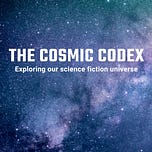



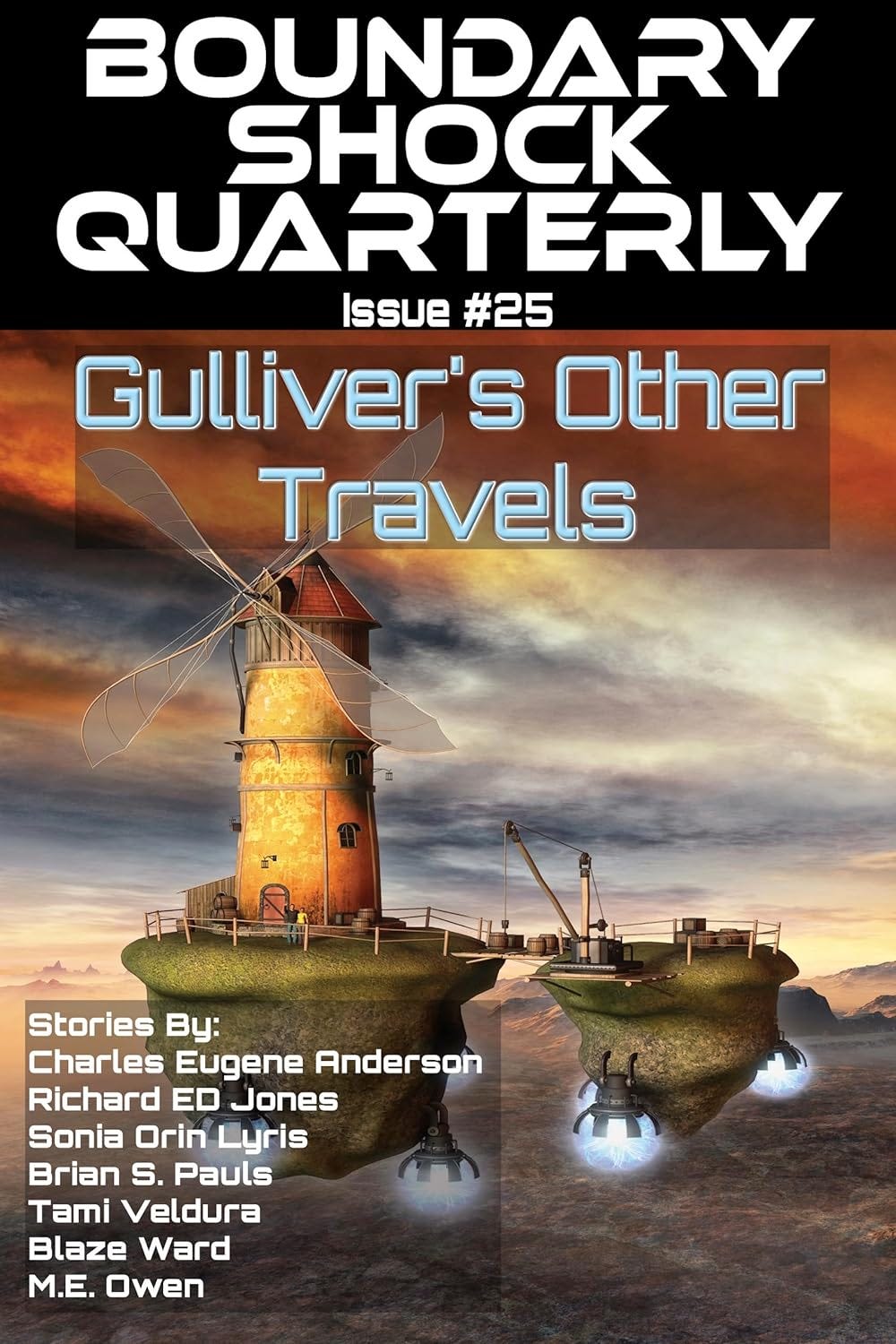
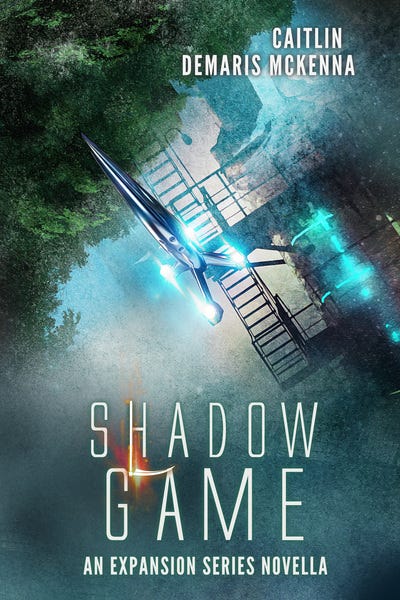


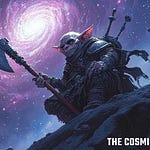




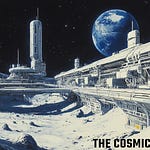

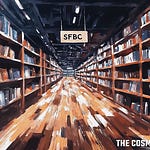
Share this post